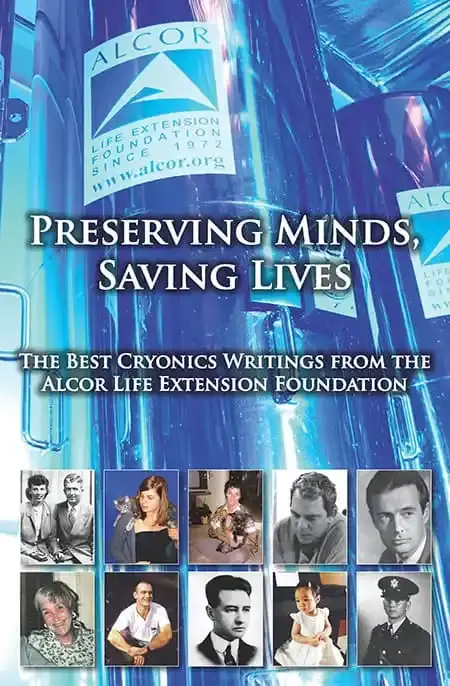The Alcor Life Extension Foundation: A Glimpse into the World of Cryonics
- 21craynewschannel
- Feb 14, 2024
- 2 min read

Cryonics and Alcor
Cryonics is the practice of preserving human bodies at extremely low temperatures with the hope that future technology will enable revival and the cure of currently incurable diseases. The Alcor Life Extension Foundation, based in Scottsdale, Arizona, is at the forefront of this experimental endeavor, offering services for the cryopreservation of human heads (neuropreservation) and whole bodies.
How Alcor Operates

Alcor’s cryopreservation process begins immediately after a person is declared legally dead, with the aim to preserve the body as quickly and efficiently as possible. This involves cooling the body to minus 320.8 degrees Fahrenheit and storing it in a tank filled with liquid nitrogen. The organization asserts that through vitrification—a process that prevents ice crystal formation by turning bodily fluids into a glass-like state—it can better preserve biological structures, potentially allowing for future revival by advanced medical technologies.
The Science and Skepticism Behind Cryonics
The practice of cryonics is grounded in the hope that advancements in nanotechnology and regenerative medicine will one day make it possible to revive preserved individuals. This expectation is based on current capabilities to cryopreserve and successfully thaw sperm, embryos, and stem cells. Despite this, the application of cryonics to whole human bodies, especially for long-term preservation, remains speculative and is met with skepticism from much of the scientific community.
Funding and Membership
Alcor members often fund their cryopreservation through life insurance policies, with Alcor named as the beneficiary. In addition to individual memberships, Alcor has received substantial support from donors, including prominent figures and scientists who believe in the potential of cryonics. The organization maintains that it takes comprehensive measures to ensure the quality and security of its cryopreservation services, including the use of medical alert bracelets for members and the establishment of a Patient Care Trust to manage the funding for long-term care.
Controversies and Challenges

Alcor has not been without its controversies, including disputes over the wishes of preserved individuals and allegations of mishandling. Despite these challenges, Alcor continues to advocate for cryonics as a legitimate experimental medical procedure, emphasizing its potential role in future medical breakthroughs.
Conclusion
The Alcor Life Extension Foundation represents a unique intersection of science, hope, and controversy. While the feasibility of reviving cryopreserved individuals remains uncertain, Alcor's efforts contribute to ongoing discussions about the limits of life extension and the potential of future medical technologies. Whether cryonics will ultimately be proven effective remains to be seen, but for now, it provides a fascinating glimpse into the possibilities that the future of medicine might hold.

.png)



Comments